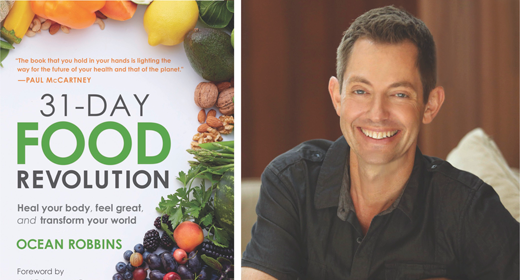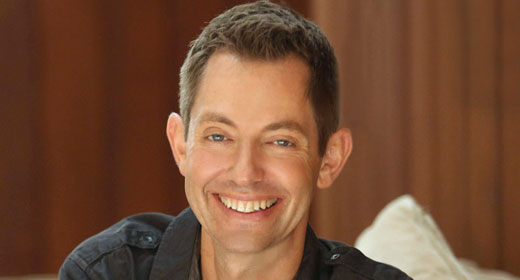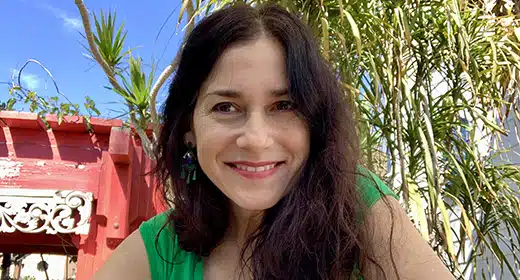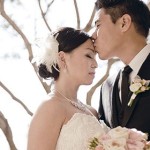From, Dr. Louis Hoffman, in “Gordo’s Ghost: An Introduction to Existential Perspectives in Myth,” published in Existential Psychology: East West Psychology.
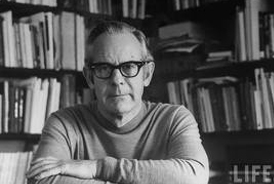 “A myth is a collection of related symbols that create a worldview or meaning system. It serves as a reference for the way we see the world and as an interpreter of our experiences in the world”
“A myth is a collection of related symbols that create a worldview or meaning system. It serves as a reference for the way we see the world and as an interpreter of our experiences in the world”
How does myth and meaning play out in our lives and how does it impact our sense of well -being? Dr. Louis Hoffman presents an introduction to Rollo May’s concept of myth through an exploration of what it means and how it is present in our lives.
When we hear the word myth the first thought may be to recall an epic story of triumph lead by the challenges and victories of a hero. The story is usually fictional and most likely is not based on any real events in life. Sometimes we can relate to these stories, other times we cannot. Either way, these stories do not come from our own internal narrative rather, they come from storytellers.
The myth that Dr. Hoffman is referring to is the myth that is our own. This is one that is based on our own personal experience of being here on earth. This myth or rather system of beliefs gives meaning to our lives. For example, a doctor who works with clients who are homeless may do so because of the myth he has created around doing this work. That myth may be based on his personal value system, the family he grew up in, or his personal history. Perhaps he had brother who was living on the streets or his family valued taking care of others. This is the basis of the doctors’ myth. These stories that he carries around in him fuel his desire to do the work that he does. This myth gives his work meaning as well as his life.
His belief that people in need should have access to health is part of his myth, his story. This is a myth but it is not necessarily fictional it is very real for him. Rollo May refers to myth as a system of meaning that cannot be proven true. As Dr. Hoffman states,
“…it is not that myths are false; rather they are a matter of faith or belief.”
That doctor from before has to have some faith and belief that what he is doing is right for him and for everyone else.
Myth is what gives us meaning and it is meaning that is core to our mental health. Meaning is grounding. It provides a base for us to jump from and fly to greater heights in life. Without it we are lost and disoriented and anxiety can creep up.
A lack of meaning in life can set the stage for the emergence of “pathology” or rather a feeling of sickness and anxiety at the personal and even community levels.
Myths help us to understand our human experience. In existentialism, myth helps us to deal with the givens of life (freedom/responsibility, death/finitude, encounter/isolation, embodiment and meaning).
We can carry a myth about the power of being able to be happy alone as a way to deal with the existential given of isolation. In this chapter Hoffman refers to a song by Gordon Lightfoot, “If You Could Read My Mind” as myth that illustrates the struggle of not being seen or heard in relationships. The song gives meaning to the existential experience of isolation. Myth is present in our art, music, writings, dance and the list goes on. Myth is our story about our experiences as a human. It is not something that is false or unreal.
But of course with anything that is constructed by us, the danger lies in the possibility of a personal myth becoming dogma. As we know from history and present experience, religion has played a role of being myth for millions of people all over the world. The error in this type of myth is that it is no longer flexible or open.
We must be able to question what is meaningful in lives because that will change over time. If we cannot they may get stuck and not grow beyond what we believed in 10 or 20 years ago. Hoffman offers that myth provides a healthier basis for finding meaning in life. Why? Because unlike knowledge or facts it is open, it can be questioned and it asks a certain amount of humility of us.
Dr. Hoffman is clear and points out that myth goes beyond the more concrete forms of knowledge and facts. It demands that we have faith and to believe in something that is intangible but very real for us.
“It allows us to have passion without certainty, “truth” without oppression, and faith without arrogance”
Myth is meaning and that meaning can help us to live deeply satisfying lives based on our passions and truth.
– Makenna Berry



